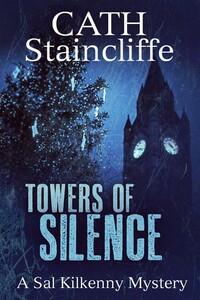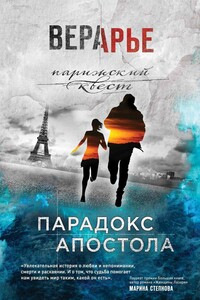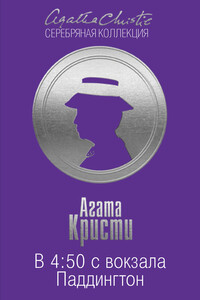Half the World Away | страница 59
As we reach the other side, traffic from the opposite direction is turning right and we have to wait for a gap and run, dodging the scooters and bikes that plait in and out of pedestrians.
On the corner there is a wide plaza and a shopping mall. Outside there’s a giant screen playing something. I’m too busy concentrating on not getting run over to look at it for long. Everywhere skyscrapers thrust up, as tall as the ones behind the hotel. We continue threading our way through the crowd until we reach the next block and take a turn to the left.
Along this street there are places to eat, a spicy smell in the air, like star anise, and I catch a faint whiff of sewage as we walk. The small shops have apartments above, clothes hanging on balconies. In some places there are plastic stools and tables out on the pavement and people eating. I see noodles on one table and at another I spot a bowl of rice. Does Lori come here, eat here? Spiciness is a bit of a euphemism. We’re talking chilli at industrial concentrations.
We stop at a pedestrian crossing, black and white stripes. A boy, about Isaac’s age, stares at us. ‘Hello,’ he says.
‘Hello,’ I reply. His mother smiles and pats his hand.
‘Hello, hello,’ he repeats, his face alight with glee.
‘Hello,’ I say. Tom echoes me and sketches a bow. The woman laughs and the boy skips on the spot. Then a gap opens in the traffic and we cross, among the scooters that glide silently around us. They must be electric.
The trees along the edge of the pavement hang low and we have to stoop to go past the branches. A woman, her face wrinkled like a walnut, sells insoles for shoes, cigarette lighters and hairbands. There is a man on a motorized tricycle, the back piled high with greens.
My body is still travelling, a tremoring in my innards, in the marrow of my bones, droning in my ears. The ground ripples as I walk.
Another crossing, and then we reach the river. There’s a promenade with a stone balustrade. Trees provide a canopy of shade – willows I know from home but the others I cannot name.
Construction cranes straddle the skyline and below, far below, the birds that gave them their name glide across the river, dive for fish. The Jinjiang river is a milky green and cuts between pale stone walls. The white cranes gather along the edges, fly up and perch on the parapet, paddle in the weeds. They are smaller, prettier than the herons at home, and each has a few white feathers sprouting from the back of its head, like a scraggly ponytail. Tom says they’re storks, then looks them up on his phone and tells me they’re little egrets.







